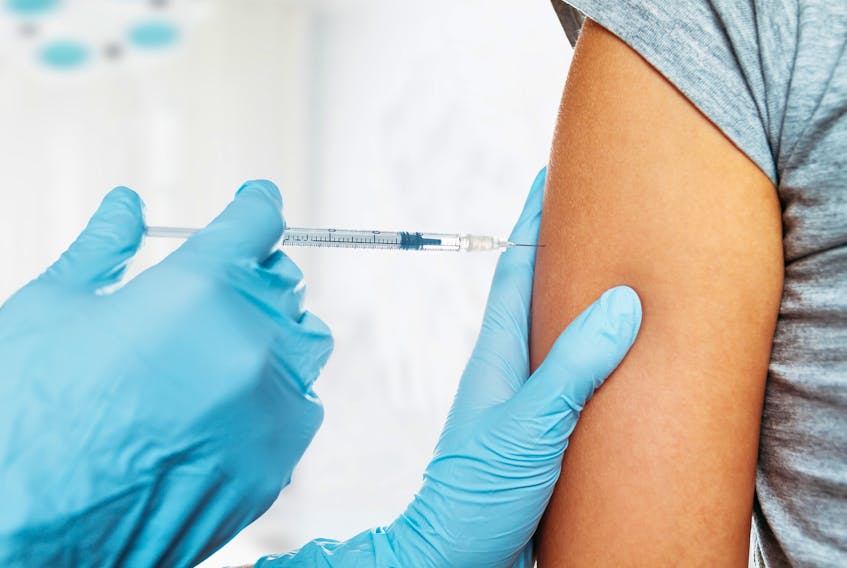SYDNEY, N.S. — Contrary to information circulating on social media, there have not been any confirmed cases of measles in Cape Breton, or currently anywhere in Nova Scotia, the Nova Scotia Health Authority says.
The NSHA issued an advisory Wednesday looking to correct information currently circulating, looking to debunk a report of a confirmed case of measles at the Cape Breton Regional Hospital. Dr. Jessica Jackman, medical officer of health for the province’s central region, said in an interview there has been only one case related to measles this year in Nova Scotia.
There was an advisory issued last month alerting the public of a possible exposure at the Halifax Infirmary involving someone who travelled through Nova Scotia. That release indicated the person attended the emergency department for symptoms unrelated to measles, but the New Brunswick resident later developed measles and they would have been communicable at the time of the ER visit in Halifax.
The best defence against a potential measles outbreak is ensuring people are properly vaccinated, Jackman said.
“Anyone who was born before 1970 likely contracted measles because of how much measles was circulating before that time,” she said. “We consider those individuals to have natural immunity, so they would be protected against measles.”
Those born after 1970 need to have two doses of the measles-mumps-rubella vaccine in order to be protected. There have recently been public health advisories issues by some agencies that some people in that group may have only received one dose of the vaccine and would require a booster.
What you need to know about the measles:
- People born in or after 1970 are eligible for two doses of measles-containing vaccine. Those without two doses are asked contact their health-care provider or their local public health office.
- In Cape Breton, there are public health offices in Baddeck, Cheticamp, Glace Bay, Inverness, Neils Harbour, New Waterford, Port Hawkesbury, Sydney and Sydney Mines.
Jackman said the NSHA urges those born after 1970 to check their immunization records to determine whether they received their second dose of the MMR vaccine.
“They could either contact their health-care provider to get that information if they aren’t sure how many doses they’ve had or they can contact their local public health office who could also help them determine that information,” Jackman said. “If they haven’t, we would encourage those people to update their records, so to get the number of doses that they need to ensure that they are protected against measles.”
Those without a family doctor can also contact public health, which can assist in making arrangements for them to receive the vaccinations, she added. There are generally good vaccination records available in Nova Scotia, Jackman said.
Pregnant women can receive some vaccinations, although not those that contain live virus, such as MMR. The most vulnerable groups when it comes to possible measles exposure include those with immune- compromising medical conditions, infants and pregnant women, Jackman said.
Symptoms of measles include fever, cough, runny nose, red eyes, a red blotchy rash on the face that spreads down the body, sleepiness, irritability and small white spots may also show up inside the mouth and throat.
Measles is a viral illness and is transmitted by direct contact with infectious droplets or is airborne-spread when an infected person breathes, coughs or sneezes. While most people fully recover within two to three weeks, the illness can have serious complications.
Jackman said she believes that, overall, the message about the importance of being properly vaccinated is getting out but added it can take time to correct misinformation when it circulates.
You can look up your child’s vaccination schedule, based on birthdate, here.
RELATED









